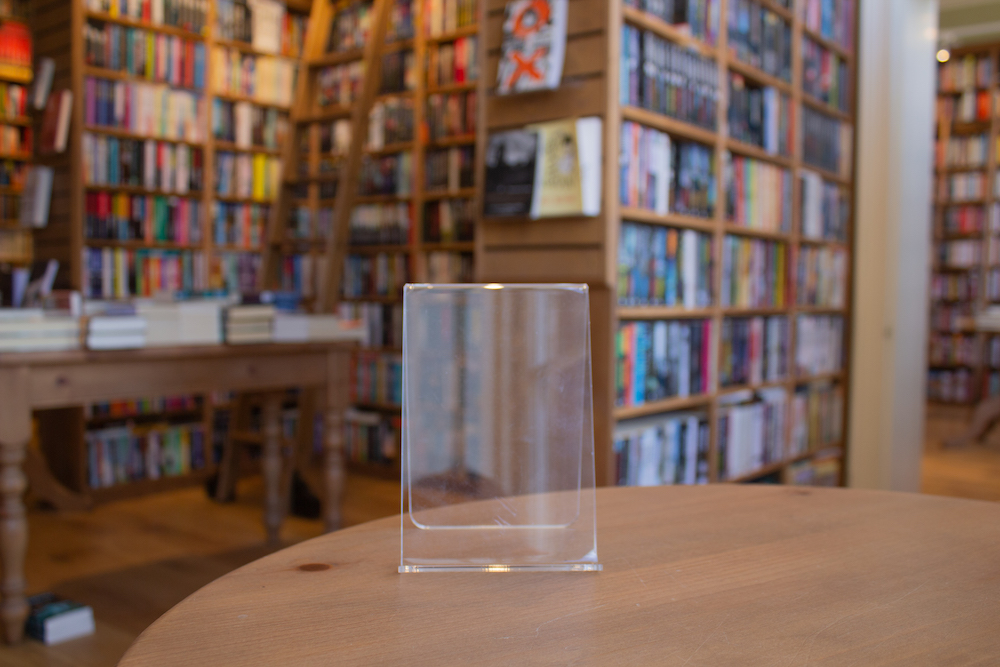Olivia Sudjic Recommends
Olivia Sudjic returns with her new novel Asylum Road, a sharp and unforgettable story about the many borders governing our personal lives. She is also the author of the novel Sympathy and the essay collection Exposure.
Asylum Road follows a couple on a car journey from London to Provence. Anya is distracted by how close her and Luca's relationship seems to falling off course, feeling insecure and unequal, while Luca gives away nothing about how he feels. When the two become engaged, they decide to travel to Sarajevo so Anya's family can be told the news in person. But as they drive into the land of her youth, Anya's unease grows and she feels alien. As hard as she sought to keep the past firmly in the past, it resurfaces amidst the hot summer to a climax.
How To Do Nothing
Jenny Odell
Recommended if you have no attention span to speak of and are feeling unproductive. Even after the initial shock of March subsided, my capacity for concentration is still terrible. It’s as though I have a hundred mental tabs open at once, thanks to a combination of general anxiety, doom-scrolling, and post-covid brain fog. In its powerful, erudite argument for resisting the attention economy, this book has, ironically, been one of the few that held my focus.
Lost Cat
Mary Gaitskill
I love this essay-memoir, which, as the title suggests, is ostensibly about the loss of Gaitskill’s cat, and the increasingly desperate, demented state she falls into trying to find him, but which is also about two children she fostered, the death of her father, and love and loss in their broadest sense. Gaitskill writes without sentimentality, but that only makes the sentiment and emotional complexity more keenly felt. I’ve been struck by how little opportunity there has been to grieve loss this year, so this slim, single-sitting read felt… not quite cathartic, but a painfully accurate, subversive, often darkly funny way to articulate some of it.
Time Lived, Without Its Flow
Denise Riley
I’ve chosen this for similar reasons, as I’ve wanted to read about mourning. In this case, a poet and philosopher’s account of her own experience of losing her teenage son. Riley gives only the sparest of personal details, instead focussing on the psychological experience of living outside of time and in an “altered condition of life”. It really resonated with me, despite never having experienced such tragedy, for its ability to precisely describe this sensation of ‘normality’ in suspension. This closing of the gap between imagination and experience is one of Riley’s aims in writing - and she succeeds completely.
Intimations
Zadie Smith
Zadie Smith’s essays usually manage to restore calm when I need it, and this, swiftly published collection of six, each responding to the pandemic, is no exception - though I find it hard to imagine a version of lockdown in which I, too, read Marcus Aurelius. But I enjoy reading Smith’s essays even when I don’t agree with them, or don’t relate, and that’s a reassuring experience in these polarised times. Speaking of comparing lockdown experiences, there is a particularly valuable truth contained in the essay ‘Suffering Like Mel Gibson’, which reminds us that suffering is not relative but an absolute experience. Royalties from the book go to two charities, The Equal Justice Initiative and The COVID-19 Emergency Relief Fund for New York.
Feminism, Interrupted
Lola Olufemi
A vital, searing, hopeful intervention into the glut of books with ‘Feminism’ in their title. Olufemi is a sharp and generous thinker, weaving together the history of radical, feminist thought with her own vision for the future. There’s much talk of abandoning the status quo at the moment and rethinking the systems by which we live, so this feels incredibly timely.
Strangers
Rebecca Tamas
The last of my recommendations, and such an excellent, re-energising one, even if its subject is yet another crisis; environmental degradation. As a poet, her use of language is one of the great and galvanising pleasures of this collection, and I came away from it feeling kind of electric - newly aware that I still had a pulse after months of stasis, sadness and confusion.






